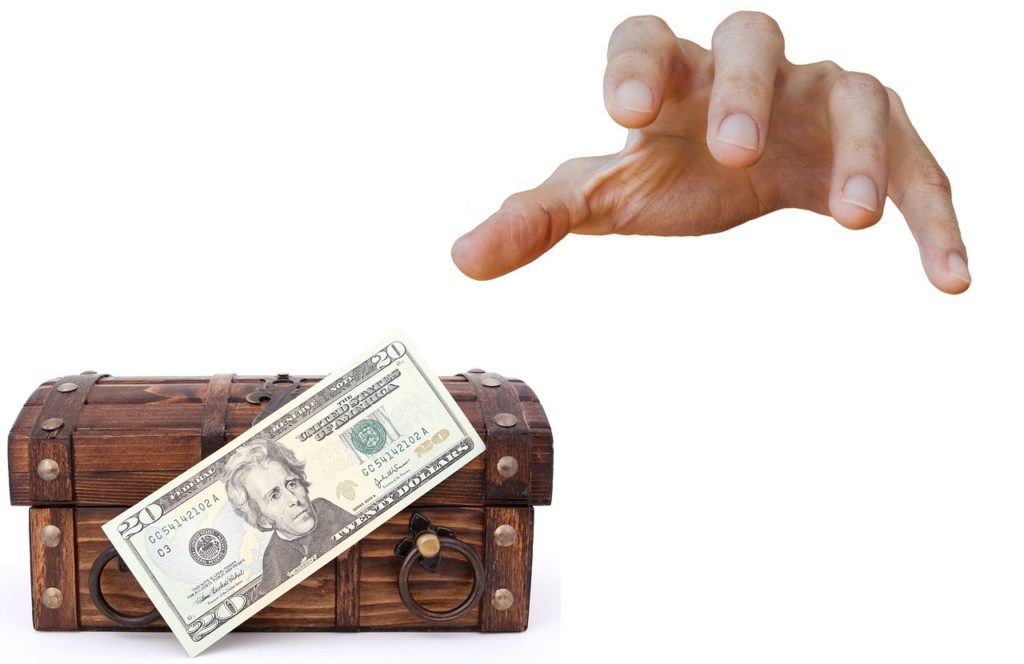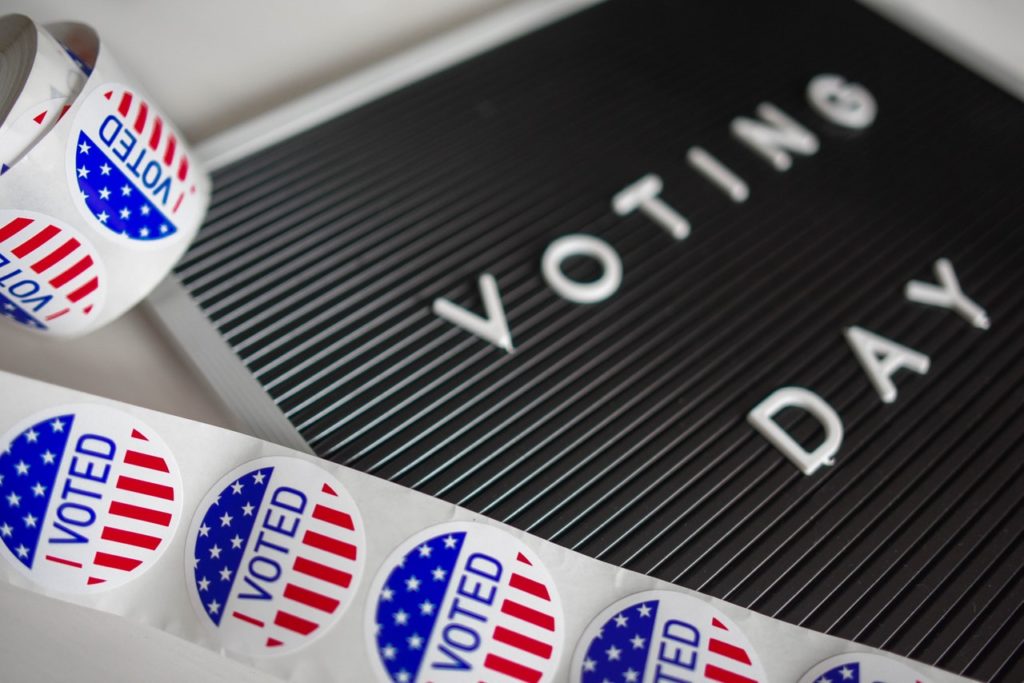Flashback to June 2003, when Martha Stewart, America’s most beloved homemaker, was indicted for the role she played in the insider trading of ImClone stocks, merely a day before their price plummeted into oblivion.
In a highly publicized trial, a jury found the television personality guilty of two counts of making false statements to federal investigators, conspiracy, and obstruction of justice. She was sentenced to five months behind bars, five months of house confinement, and two years’ probation.
This is just one of the many white collar crime examples involving some form of perpetuated deceit, which is, in most cases, motivated by financial gain.
But what is white collar crime anyway, and what types of crimes fall into this category of criminal offenses? Here’s everything you need to know about it.
White Collar Crime Definition
“White-collar crime” is a term that was coined in 1939 and is used to describe the full range of offenses committed by both corporate and government professionals. They are characterized by concealment, blatant deceit, and gross violation of trust, without the involvement or threat of violence or physical force.
The primary motivation behind white collar crime is financial – to gain or avoid the loss of property, money, or services. It could also be to secure some type of advantage, whether on a personal or business front.
List of White Collar Crimes
There are several different types of criminal offenses that are classified as white collar crimes. Here’s a list of the top 10 most common ones you’ll come across.
Securities Fraud
Securities fraud comes in several different forms, with the most common type being insider trading. It is committed when someone, who’s privy to inside information about an investment or company, uses the said information to trade.
Another type occurs when an individual lures a prospective investor to put up money based on false or misleading information about the company’s finances, health, or prospects.
Mortgage Fraud

It is arguably one of the most widespread forms of white collar crime in the US. The term mortgage fraud is broad and encompasses several different types of illegal activities, including:
- Overstating a property valuation to get a mortgage amount that’s substantially higher than its actual value
- The borrower reporting non-existent income or assets
- Posing as the borrower to purchase on behalf of someone else
Corporate Fraud
This type of corporate crime involves the intentional misrepresentation of a company’s financial information or activities to mislead the general public on its financial health and inflate the profits.

It could take the form of falsifying accounting entries by underreporting expenses to boost profits, which would, in turn, make a business appear more profitable than it is.
This type of fraud inevitably leads to massive losses in investments among shareholders in the long run and a general distrust of the company.
Embezzlement
Embezzlement involves stealing money from a person or entity that an individual has some form of duty.

The most common example of this type of offense is a company employee siphoning funds from their employer and channeling them to a personal account. It could also be in the form of an investment adviser, who misappropriates client funds, that they were entrusted with to protect.
Tax Evasion
Tax evasion involves the deliberate attempt to avoid paying taxes duly owed to the federal government. This form of white-collar crime involves anything between underreporting your income when filing tax forms, to irregularly transferring property you own to another person or entity to evade tax.
Money Laundering
It refers to the criminal act of “cleaning-up” money obtained through illegal activities, by filtering it through a series of transactions designed to make it appear as though it was earned through legal channels.

Laundering “dirty” money involves three steps:
- Depositing the money into a financial institution such as a bank or brokerage
- Separating the money from its “dirty” origin by subjecting it to several layers of complex transactions that make it impossible to trace it back to its source
- Mixing the freshly laundered money with money that’s been legitimately obtained, by purchasing or selling assets
Ponzi Schemes
What is a Ponzi scheme? It is essentially a fraudulent investing scam that lures unsuspecting individuals to put their money in a fake low-risk and high-returns investment enterprise that is, in most cases, non-existent.
The success of this scam is perpetrated by the payment of quick, lucrative returns to the early investors, using monies received from later investors.
Mass Marketing Fraud
Mass marketing fraud is a broad term that involves a fraudulent scheme that uses any of the existing mass communication methods like mail, telephone, or internet, to defraud victims out of small or large amounts of money.
It takes many forms, including a too-good-to-be-true advance payment for commodities, once-in-a-lifetime” high-pressure sales tactics, requests for personal and often sensitive information, or unsolicited offers.
Election Law Violations
These are crimes that violate the Federal Election Campaign Act of 1971. Some of these include:
- Creating and submitting false campaign finance reports to the Federal Election Commission
- Concealing the amount in donations received and/or the identity of the donors in question
- Violating campaign disclosure laws on the source of campaign funds

Transnational Crime
These are offenses whose actual or potential effects translate across both intrastate and national borders. Transnational organized crimes that involve activities like money laundering, extortion, contraband, weapons dealing, and human trafficking all fall into this category of white collar crime.
White Collar Crime Average Sentence
According to a 2019 report published by the United States Sentencing Commission, the average sentence of white-collar crimes varies significantly depending on the economic crime in question.
Securities and investment fraud offenders reported the longest sentences at an average of 52 months. False statement offenders, on the other hand, report the shortest average sentence at just five months.
The average sentence for all economic crime perpetrators is typically 23 months.
The Best Defense Is a Great Offense
Depending on the nature of the charges you’re facing, white-collar crimes involve a wide range of federal and state statutes that each carry several possible punishments. An experienced white collar criminal lawyer can help you navigate all the possible lines of defenses available to avoid any criminal liability and a hefty jail term.
If you have any legal questions on white-collar criminal charges, feel free to chat online with a Laws101.com attorney. We’re always available to address any legal issues you may be facing.
